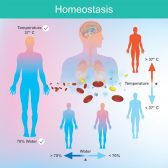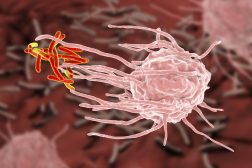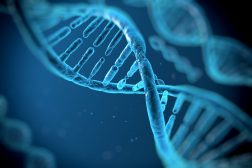Definition
noun
The branch in medicine that deals with the study of drugs, especially their action, use, preparation, and effects
Supplement
Pharmacology is a medical science that deals with the discovery, chemistry, effects, uses and manufacture of drugs. It aims to discover chemicals that have therapeutic or health effects, and with that research focuses on the drug’s pharmacokinetics, reactions, effects (both desirable and undesirable), design, composition, and manufacture. It looks at the interaction occurring between the living organism and the chemicals. Thus, it encompasses various biological fields, such as biochemistry, molecular biology, anatomy, and physiology.
The two major areas of pharmacology are pharmacodynamics and pharmacokinetics. Pharmacodynamics is concerned with the effects of drugs on the biological systems (e.g. efficacy, toxicology) whereas pharmacokinetics is concerned with the movement of drugs in the body and essentially the effects of the biological systems on the drug (e.g. half-life).
Pharmacy should not be confused with pharmacology. Pharmacy is the art or practice of preparing and preserving drugs; it also refers to the place where medicines are dispensed according the prescription of a physician.
An expert in pharmacology is called a pharmacologist.
Word origin: Greek pharmakon (“drug, poison, spell”) + -logia (“study of”, “knowledge of”)
See also:
Related form(s):
- pharmacological (adjective)







